|
When we make up Monday, it will be March. Regardless of Groundhog Day predictions, the calendar tells us that spring is allegedly three weeks away. Canadians, however, know the reality of spring may be much further down the road. But psychologically, there’s something special about leaving February in the rear-view mirror. The days are getting longer. Snow banks recede. There are almost always a few days in March that offer the hint of warmer weather.
This has been a difficult winter for other reasons: COVID-19 restrictions have meant travelling south is impossible for most people; being stuck inside and being isolated from family and friends has added to seasonal gloom. And yet…. Winter is also a time to celebrate. COVID-19 has meant that many people have discovered winter hiking, snow shoeing or skiing. Many friends have told me that getting out for a skate has never felt better. So for your weekend reading pleasure, I’ve assembled some of my favourite seasonal stories from across the global network of The Conversation.
And of course, the weekend is a great time to catch up on the latest episodes of our podcasts. Don’t Call Me Resilient looks at “The Unseen” – Canada’s migrant workers. It’s a topic many people would like to ignore, but something we should all be aware of. The Conversation Weekly explains
why more people are thinking of leaving Hong Kong after China’s clampdown on dissent. Throw on your ear pods, get out for a walk and listen to both episodes.
Have a great weekend and we’ll be back in your Inbox on Monday.
|
Weekend Reads
|
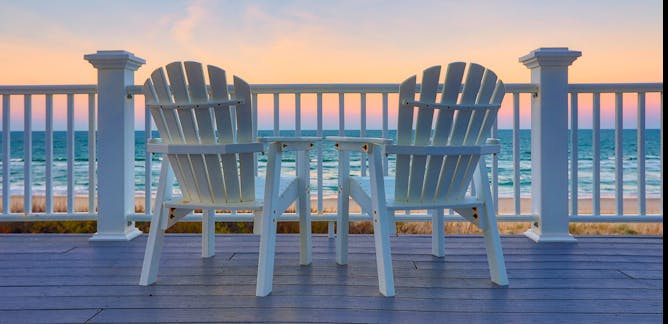
Valorie A. Crooks, Simon Fraser University; Jeremy Snyder, Simon Fraser University
The decision to go south for the winter during the ongoing pandemic is a complex one, informed by factors such as availability of recreational opportunities and cost of living.
| |
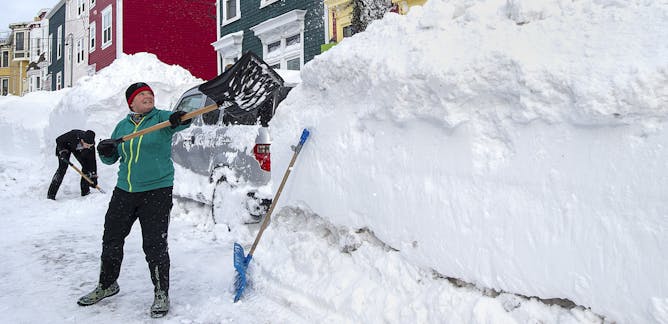
Scott Lear, Simon Fraser University
Shovelling snow is excellent exercise that works the upper and lower body. However, it's important to remember that digging out from a storm pushes many people to their maximal fitness capacity.
|
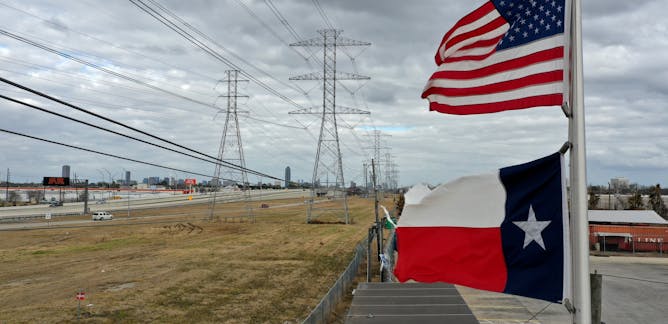
Seth Blumsack, Penn State
Some Texans are receiving eye-popping electric bills after power providers passed on volatile costs to some of their customers – legally.
| |
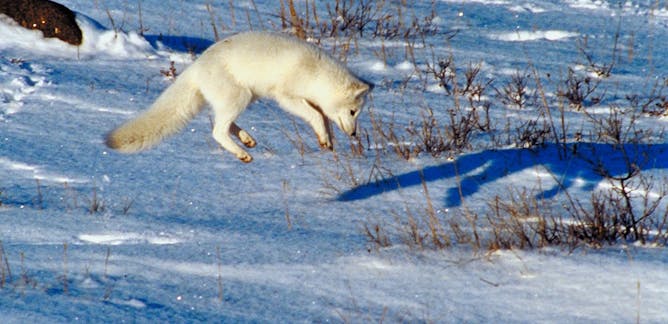
Jacob Job, Colorado State University
Arctic foxes have a few special talents that help them sneak up on unseen prey and pounce.
|
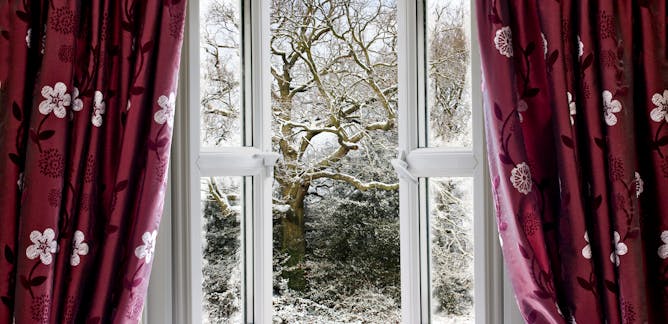
Ian Colbeck, University of Essex
Ventilation is one of the most important methods of preventing the spread of infectious disease, a fact we've known for centuries.
| |
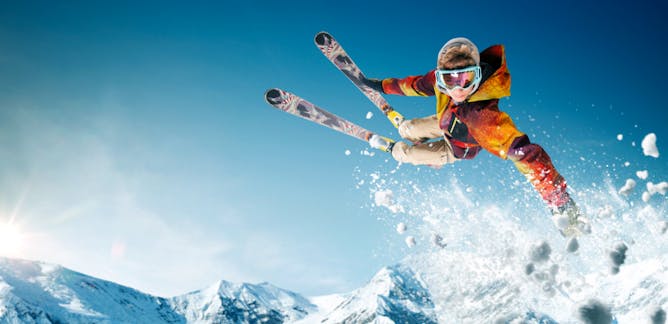
Sascha L. Schmidt, WHU – Otto Beisheim School of Management; Nicolas Frevel, WHU – Otto Beisheim School of Management
A panel of winter sports experts told us that pandemic-enforced technological advances are providing hope for the shattered sector.
|
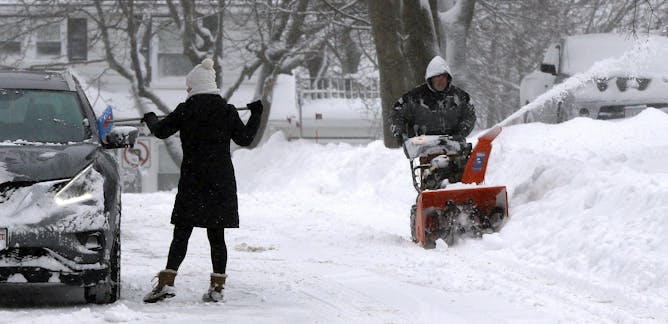
Zachary Lawrence, University of Colorado Boulder; Amy Butler, National Oceanic and Atmospheric Administration
The media often call unusually cold, snowy storms a 'polar vortex.' The real polar vortex isn't coming down to visit the lower 48, but changes to the polar vortex can influence winter weather.
| |

Joanne M. Pierce, College of the Holy Cross
The 40-day Lenten season, when many Christians observe fasting, began in mid-February. A scholar explains how the practice may have emerged around the fifth century.
|
|
|
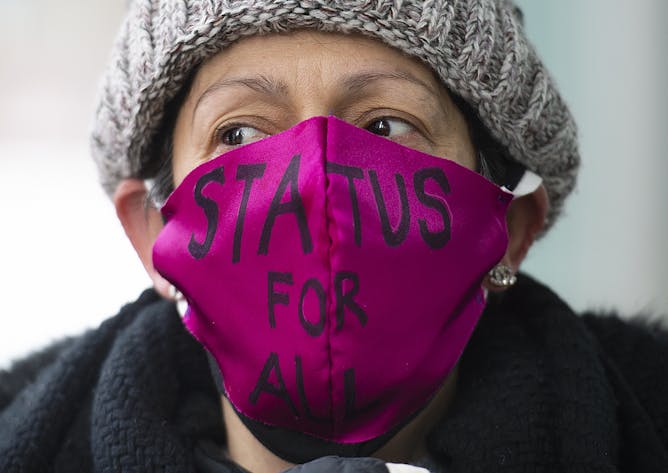
A woman takes part in a protest in Montreal, Jan. 30, 2021, to demand status for all workers and to demand dignity for all non status migrants as full human beings as the COVID-19 pandemic continues in Canada and around the world.
THE CANADIAN PRESS/Graham Hughes
Vinita Srivastava, The Conversation; Ibrahim Daair, The Conversation
How we treat migrant workers who put food on our tables: Don't Call Me Resilient EP 4 transcript
|
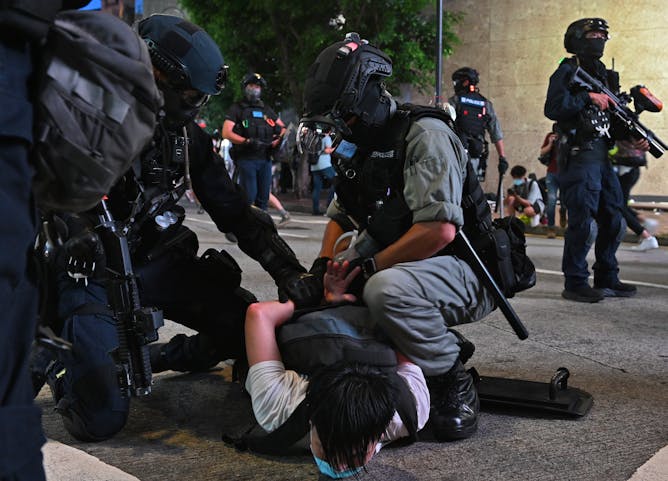
A man is arrested during a protest against Hong Kong’s National Security Law in July 2020.
Miguel Candela/EPA
Gemma Ware, The Conversation; Daniel Merino, The Conversation
Plus new research finds a way to speed up the search for dark matter. Listen to episode 4 of The Conversation Weekly.
|